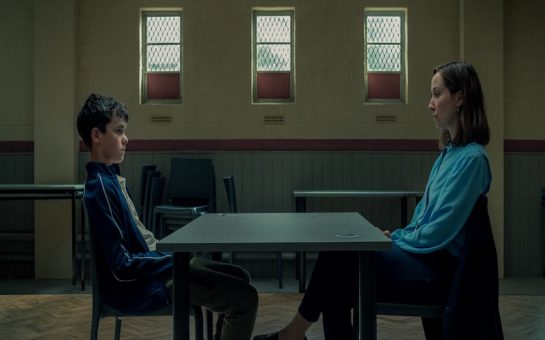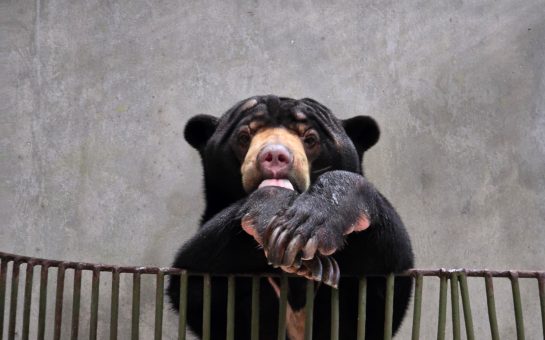The fall of Kabul and the ongoing evacuation of the city following the Taliban’s takeover of Afghanistan has been shocking to many.
Among those hardest hit by the news, outside of the Afghan people themselves, are UK veterans.
The BBC reported that calls to Combat Stress’ veterans’ mental health helpline have doubled since the Taliban takeover.
Dr Walter Busuttil is a psychiatrist, the Director of Research at Combat Stress and served in the Royal Air Force for sixteen years from 1997.
He helped explain the sort of reasons why UK soldiers signed up to fight in Afghanistan.
“Many of them joined because their friends joined and there was a war on. Many joined because they just wanted a job […] a lot of my patients have told me that they went to Afghanistan to make Afghanistan a better place and they believed in the mission and really they also thought they were protecting the West from terrorism.”
The Taliban surging to victory now, however, after twenty years, has caused many veterans to suffer what Dr. Busuttil calls a moral injury.
A moral injury occurs when someone partakes in or witnesses something that transgresses their deeply held moral beliefs and expectations, the outcome of which is feelings of distress and disillusionment.
Busuttil explained the veterans’ view of Afghanistan: “We have a highly ethical war and a highly ethical reason to be in Afghanistan and it is suddenly trashed by the nature of what has happened. Really a lot of the guys have felt frustrated about this and if we look their moral code has been shattered.”
Although a moral injury is not a mental illness in itself, it can compound and complicate existing illnesses and make them harder to treat.
Common afflictions affecting veterans are PTSD, depression and alcoholism.
Getting over trauma is hard enough, but having the belief that you, or your friends and family, endured extreme violence for no reason is a harder thing to treat.
Busuttil said: “What I would argue as a psychiatrist is that if anyone has been there to Afghanistan and has served there then for that time period at least, they did protect the West and they did protect people in Afghanistan.”
Although the veterans of Afghanistan will be affected by the Taliban victory, veterans of prior conflicts might be re-traumatised too.
“The Falklands veterans would say in their time they had nothing, no idea that they could develop PTSD after fighting a war. There were no treatments when they came back so they would feel a little hard done by.”
He added that the feeling of Afghanistan veterans being let down could reignite those feelings in older veterans.
As a society the way to help veterans is by showing support, and looking out for signs of PTSD.
Dr. Busuttil suggests that the government should make an official statement supporting veterans, as countries like Canada and Australia have done.
Ultimately there is no getting away from the fact that recent events will be hard for veterans.
Busuttil said “The main message from me is that PTSD, with alcohol problems, with moral injury on top of it is treatable. Don’t give up, come and get help. There are good clinical services.”
If you are a veteran or family member and need help you can call the Combat Stress hotline on 0800 138 1619.
Featured Image: Pixabay




